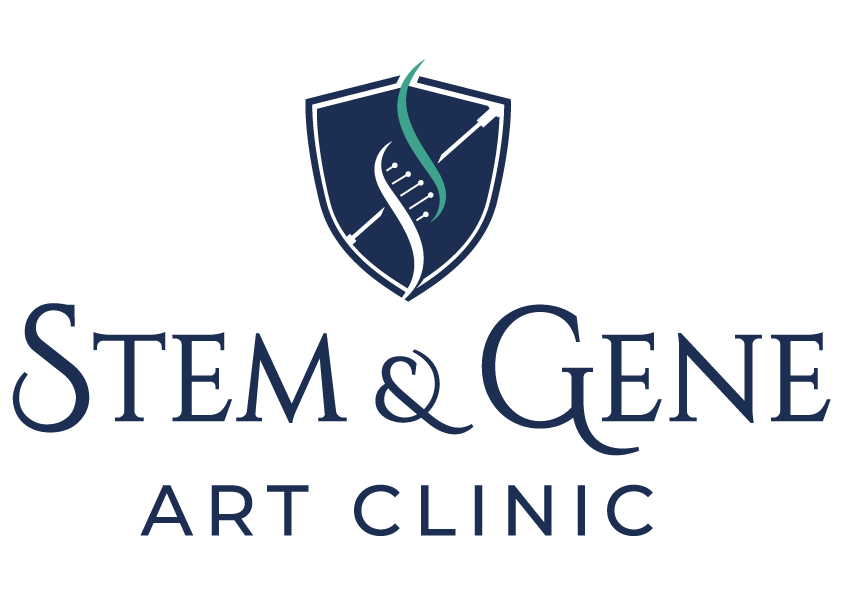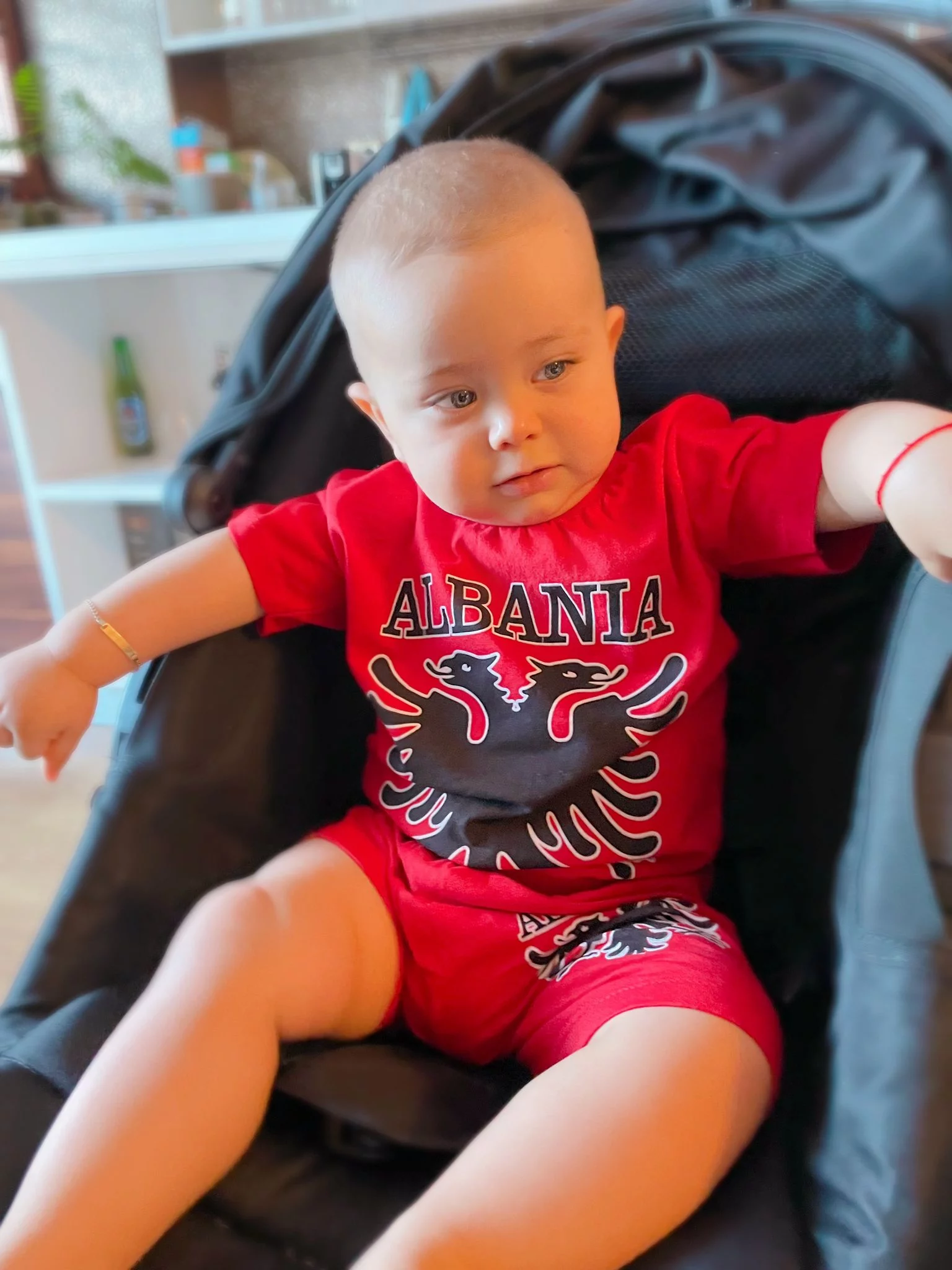While appearing similar, egg donation and embryo donation are distinct assisted reproduction treatments. Egg donation involves the fertilization process through the contribution of eggs from anonymous donors. Conversely, embryo donation occurs when previously frozen embryos from anonymous donors are transferred.
These donated embryos originate from patients who, during in vitro fertilization cycles, had surplus embryos after successful blastocyst stage development. While one embryo is transferred to the patient, the remaining embryos are preserved for potential future use. Should the patient achieve pregnancy, they may choose to donate these embryos.
Differences Between Egg Donation and Embryo Donation
The primary contrast lies in the procedure: egg donation necessitates fertilization of the egg in the laboratory until the blastocyst stage before transfer, whereas embryo donation involves the direct transfer of a previously frozen embryo.
Egg Donation Treatment
Egg donation treatment serves as a solution for women unable to conceive with their own eggs. This treatment boasts high success rates. An advantage of egg donation treatment lies in the availability of a substantial donor bank.
Is Egg Donation the Right Choice for You?
According to our experts, considering egg donation might be advisable if you’re a woman experiencing:
- Limited ovarian reserve or diminished quality.
- Premature onset of menopause.
- Repeated miscarriages attributed to subpar oocyte quality.
- Unsuccessful prior treatments owing to poor oocyte quality.
- Genetic conditions impacting fertility.
Understanding Embryo Donation
Embryo donation manifests in two forms:
- Double Donation: Utilizing both donor eggs and sperm, resulting embryos are transferred to the patient for carrying the pregnancy to term.
- Embryo Adoption: In this method, embryos are frozen without prior fertilization.
Who Might Benefit from Embryo Donation?
Embryo donation holds promise for:
- Heterosexual couples facing mutual fertility challenges.
- Instances of genetic incompatibility.
- Single women encountering insufficient or low-quality ovarian reserve.
- Cases of recurrent implantation failures or miscarriages.
- Situations, such as within the ROPA method, where eggs from both mothers cannot be used.
Donor Selection Criteria:
For patients considering donating their embryos, specific prerequisites include:
- Eggs sourced from women under 35 years to enhance the likelihood of successful gestation.
- Negative serology results.
- Normal karyotype.
A Pathway to Parenthood
Egg donation and embryo donation, while differing in their approaches, represent powerful avenues for individuals and couples seeking to realize their dreams of parenthood. The unique distinctions between these assisted reproduction methods offer tailored solutions for diverse fertility challenges.
For those navigating limited ovarian reserve, genetic complexities, or past obstacles with oocyte quality, egg donation stands as a beacon of hope with its remarkable success rates and access to extensive donor pools. On the other hand, embryo donation, whether through double donation or embryo adoption, serves as a promising option for various scenarios, including recurrent implantation issues and genetic incompatibilities.
As patients explore these paths, understanding the subtle yet critical differences between these procedures guides them toward informed decisions. The meticulous donor selection criteria underscore the commitment to ensuring the best possible outcomes for those embarking on the journey towards parenthood.


